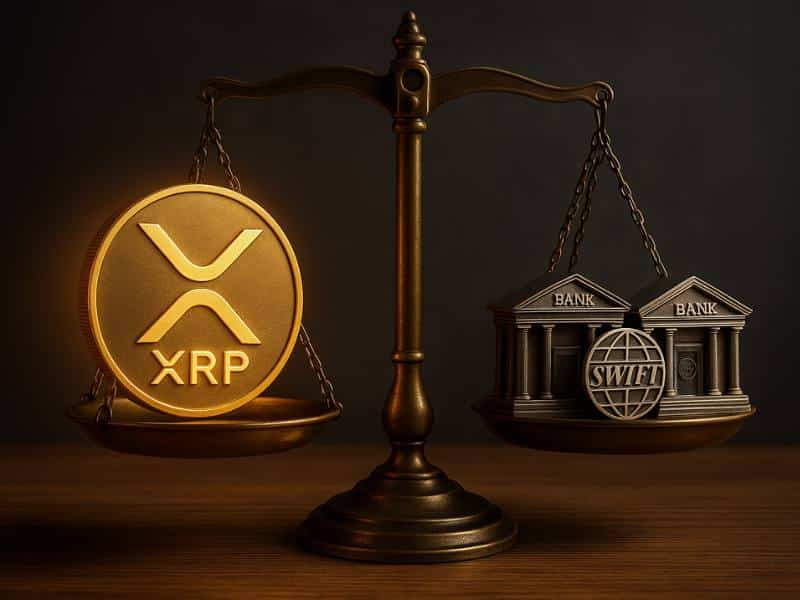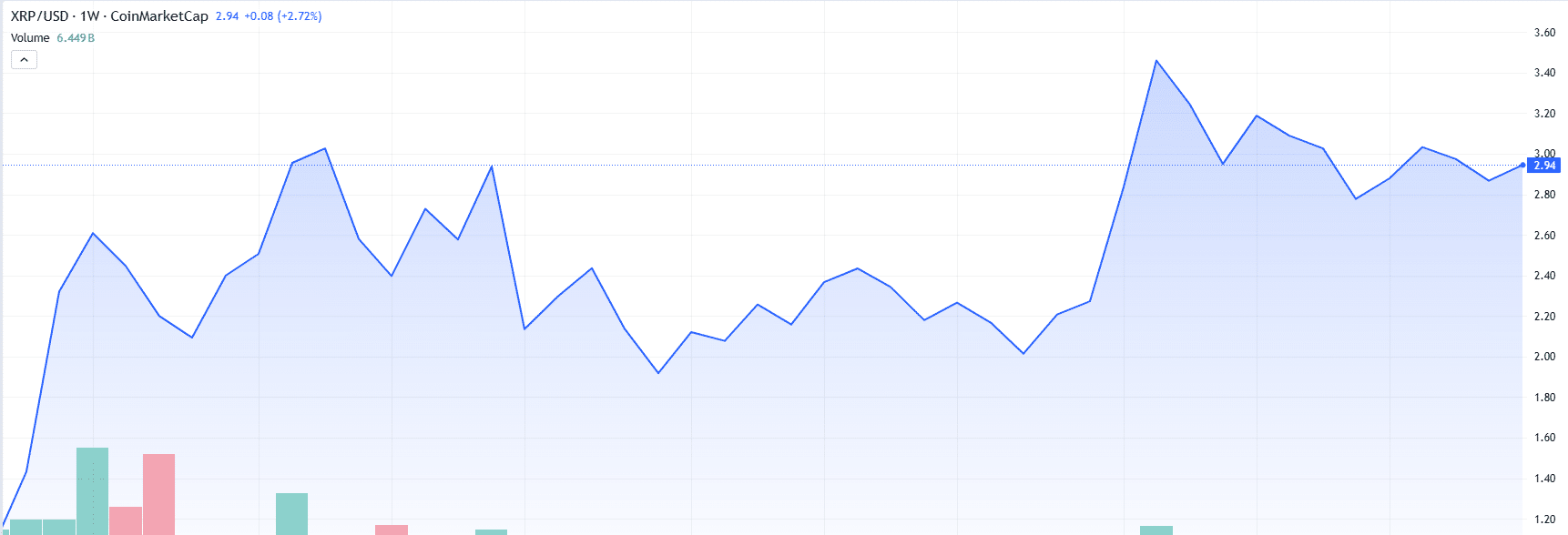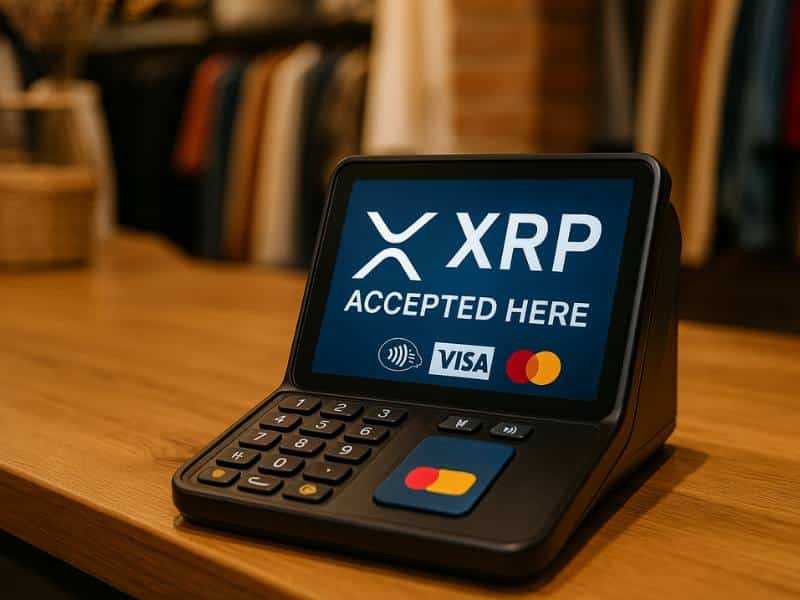The Million-Dollar XRP Question
A big question in crypto now is whether XRP can hit $100 if banks don't adopt it. Many think XRP's success depends on big banks. But it might be more interesting than that. XRP might do well in the digital world, even without banks.

What if Banks Say No to Ripple?
What if banks decide to stick with older systems like SWIFT or try out central bank digital currencies (CBDCs) instead of using Ripple? It might seem like a setback for Ripple to start. But new tech can still catch on, even if it takes a while.
If big banks are slow to jump on board, they could miss out. If they don't use XRP, someone else might create a similar system.

XRP: Making Global Money Transfers Easier
XRP has a lot of potential, especially for money transfers. Think about people working in other countries who need to send money home. Countries like Mexico, the Philippines, and India have tons of these transactions.
Regular banks often have high fees and slow processing times. XRP fixes this by making payments fast (usually seconds) and cheap. Companies like GoLance are already using XRP to quickly pay freelancers. It's already in action.

XRP's Growing Appeal to Small Businesses
XRP can be a real asset for small and medium-sized businesses. Unlike large banking institutions, these businesses often have simpler requirements. They're primarily seeking faster, more affordable, and reliable methods for international money transfers.
In Asia, some companies, like SBI in Japan, are already rolling out XRP remittance services. These services give businesses the ability to quickly convert funds into local currency. This shows how everyday users are adopting XRP without waiting for approval from major financial institutions.

XRP and the Internet Economy
XRP isn't just for sending money or helping small businesses. It could also power the future of the internet economy, imagine using it for tiny payments for things like streaming, gaming, smart devices, and automated services.
XRP's super-low fees and fast speed make it a good fit for handling lots of these small payments. Even though Bitcoin and stablecoins get most of the attention, XRP is still a strong player in the race to make digital payments smooth and easy.
XRP: Not Just for Banks
XRP doesn't need banks to do well. Sure, if banks adopted it, things would speed up. But XRP can still be a great choice for everyday payments. It can boost money transfers, keep businesses running like clockwork, and simplify online shopping.
Actually, not relying on banks might even be a good thing for XRP. It can directly serve people, without waiting for banks to get with the times. The financial world is changing fast, so there's lots of room for XRP to grow.
